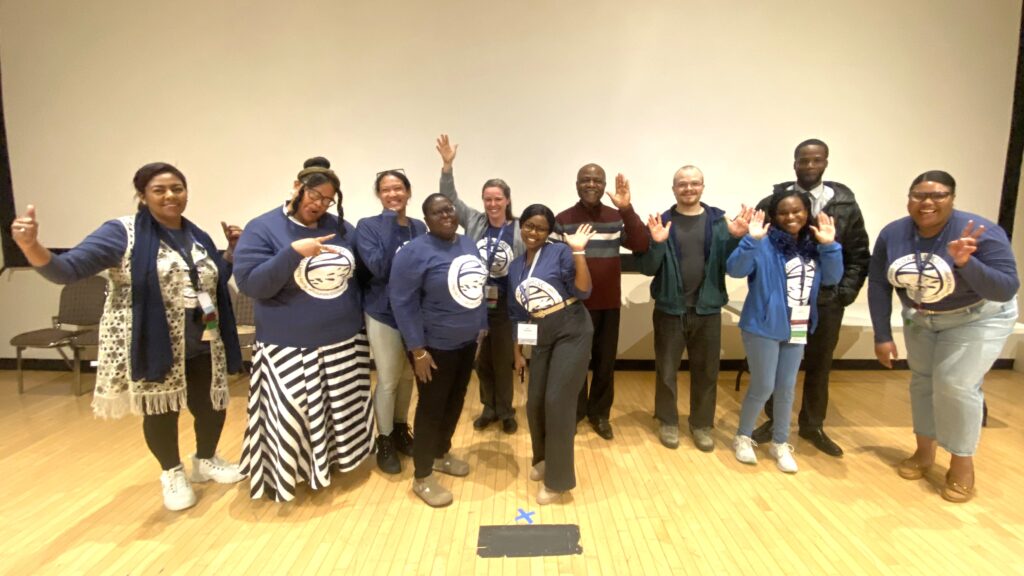
The 11th Biennial NOAA Educational Partnership Program (NOAA EPP) Education and Science Forum, held at the University of Maryland Eastern Shore (UMES) from March 4-6, brought together leading researchers, educators, and students to advance the future of marine and atmospheric sciences. The event, hosted by the NOAA Living Marine Resources Cooperative Science Center II (LMRCSC II), showcased cutting-edge research and underscored the importance of collaboration in addressing the pressing environmental challenges of our time.
Over the course of three days, attendees participated in dynamic keynote sessions, student-led research presentations, and networking opportunities.
Dr. Cisco Werner, director of Scientific Programs and chief science advisor for NOAA Fisheries, who spoke virtually, emphasized the needs and opportunities that lie ahead at NOAA Fisheries. Dr. Owen Temby of The University of Texas Rio Grande Valley discussed the role and potential of social sciences in student research. Maryland Department of Natural Resources Chesapeake and Coastal Services Director Dr. Natalie Snider and University System of Maryland Senior Vice Chancellor of Academic & Student Affairs Dr. Alison Wrynn noted the employment opportunities in state government for burgeoning scientists.
“This Forum reaffirmed the commitment of our scientific community to innovation and education in marine and atmospheric sciences,” said Dr. Paulinus Chigbu, director of the LMRCSC II. “We remain steadfast in our mission to support students and researchers who will drive the future of environmental science and stewardship, and by so doing help to improve America’s global competitiveness in STEM.”
A key theme of the Forum was the empowerment of the next generation of scientists. More than 100 students had the opportunity to present their research, engage with visiting academics, and participate in networking events that fostered mentorship and career development.
Attendees left the Forum with renewed enthusiasm, strengthened connections, and a shared vision for the future of environmental research and policy. As the scientific community navigates evolving challenges, gatherings like this remain crucial in ensuring marine and atmospheric sciences continue to thrive.
For more information on the NOAA Educational Partnership Program Education and Science Forum, visit https://wwwcp.umes.edu/lmrcsc/events/education-forum.


























